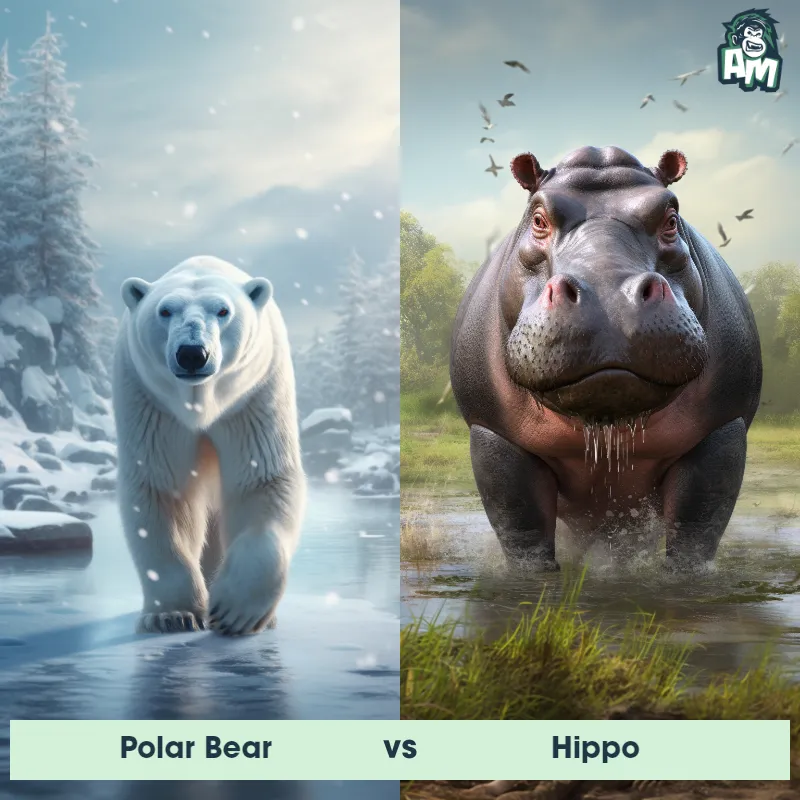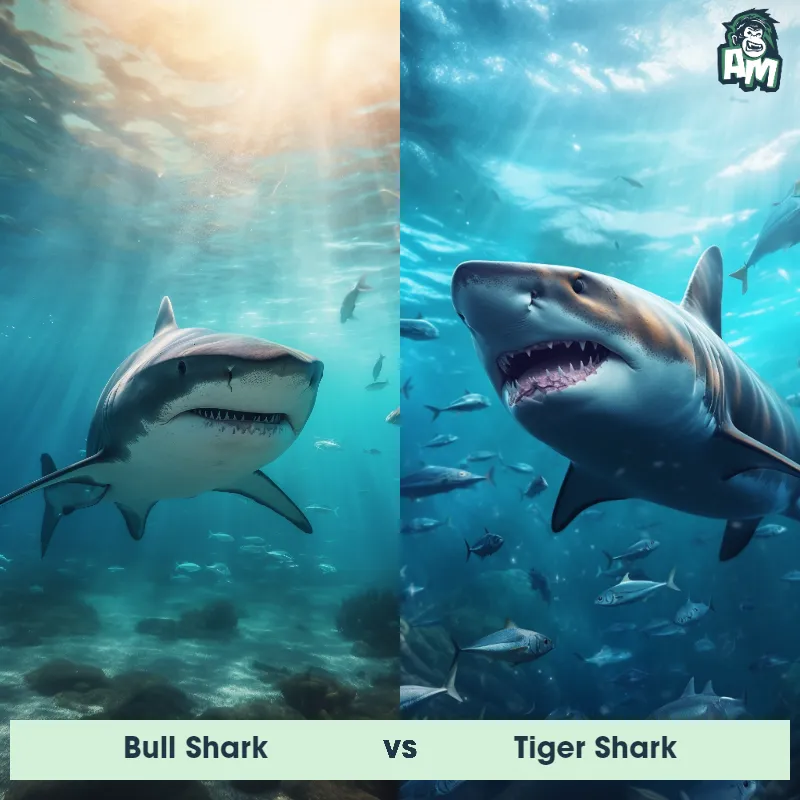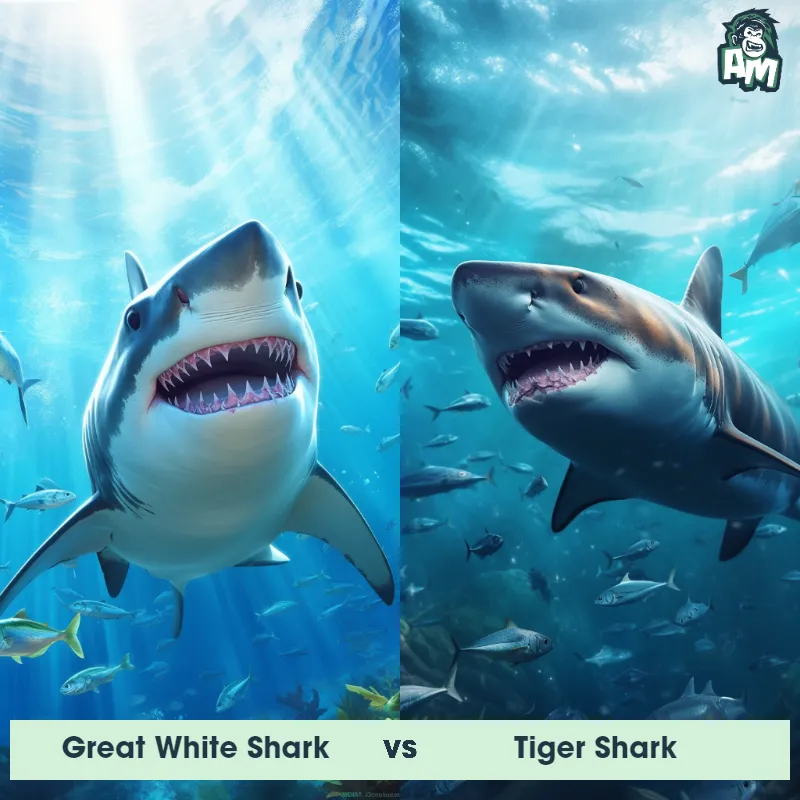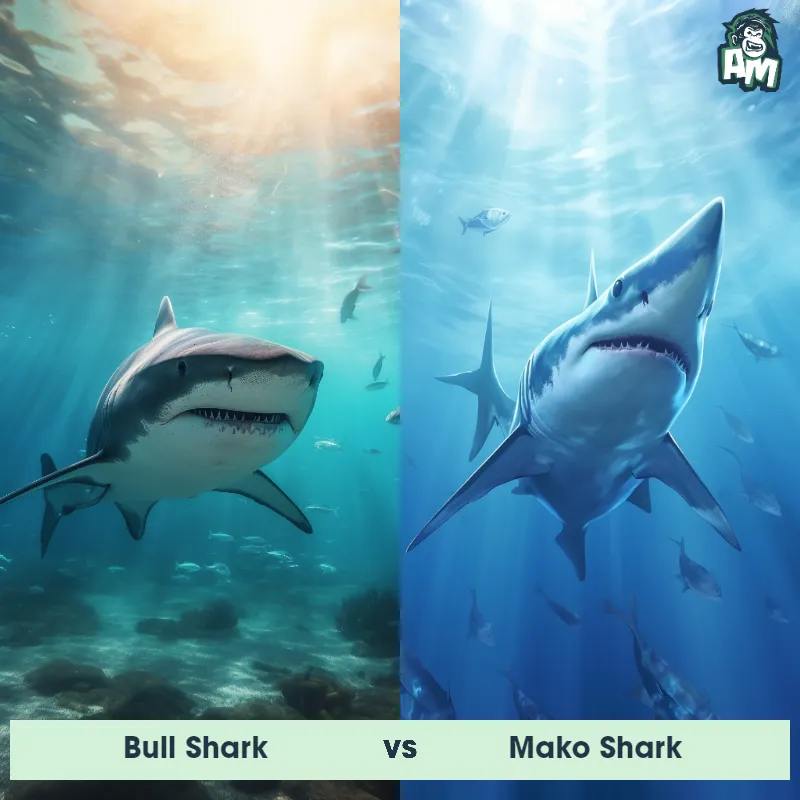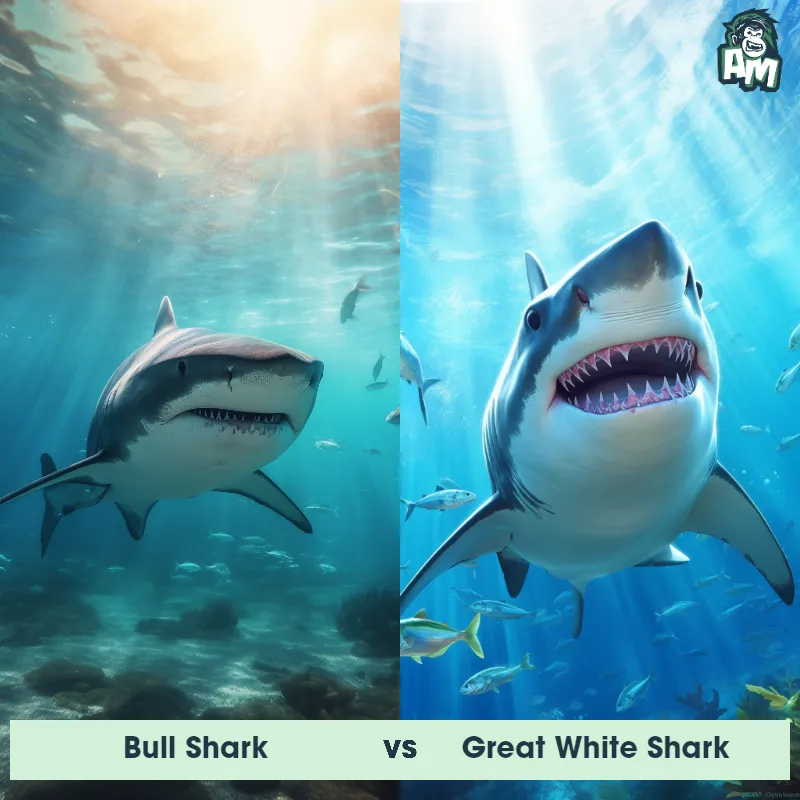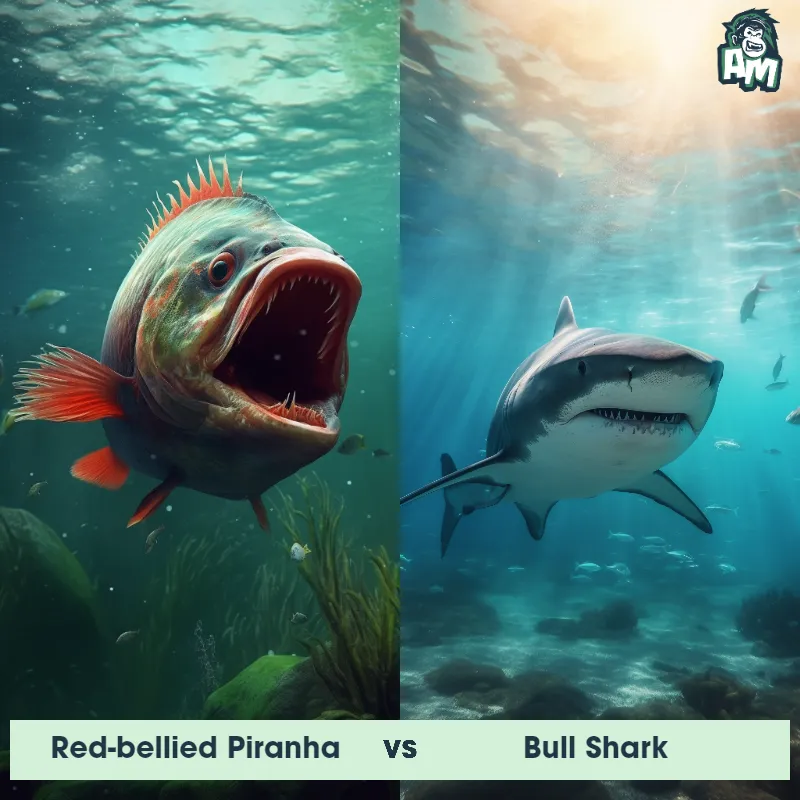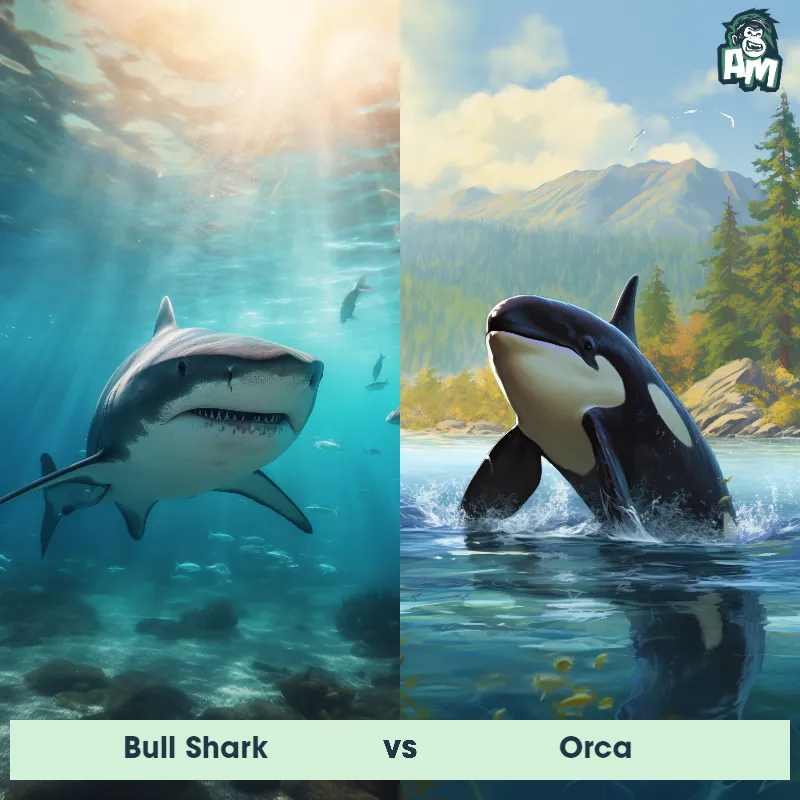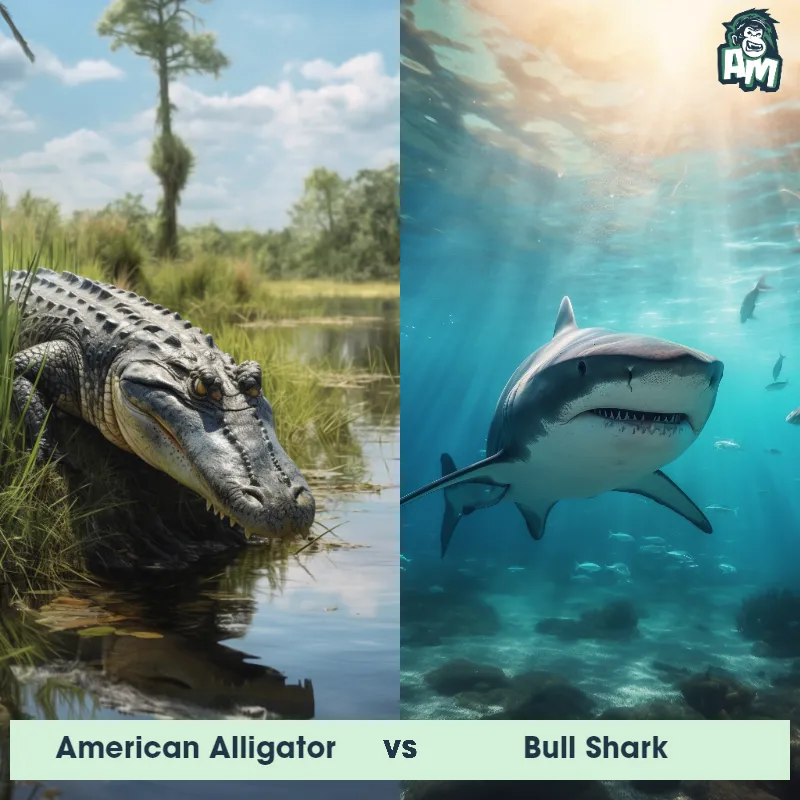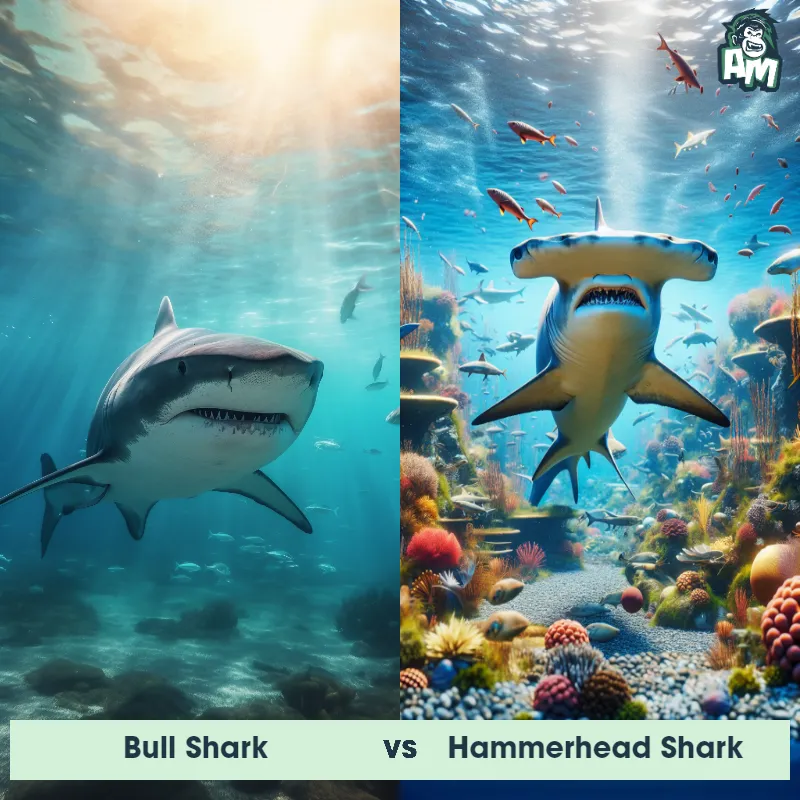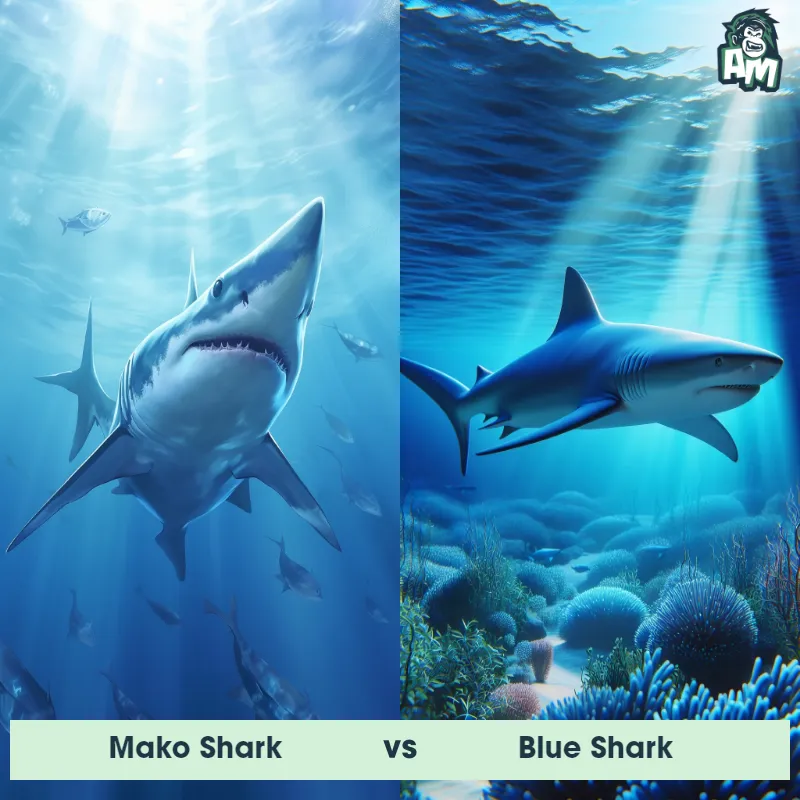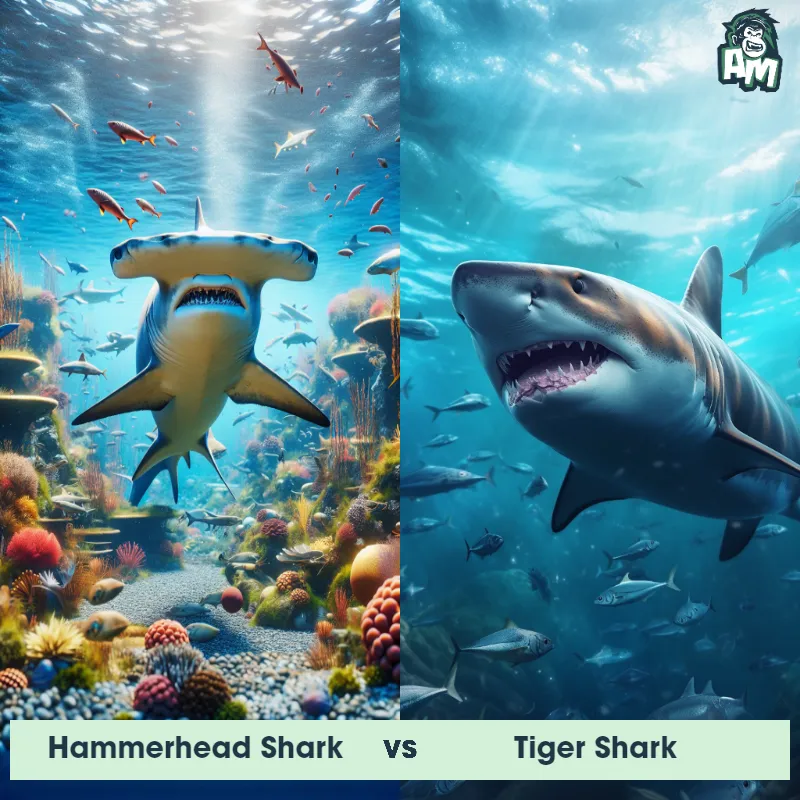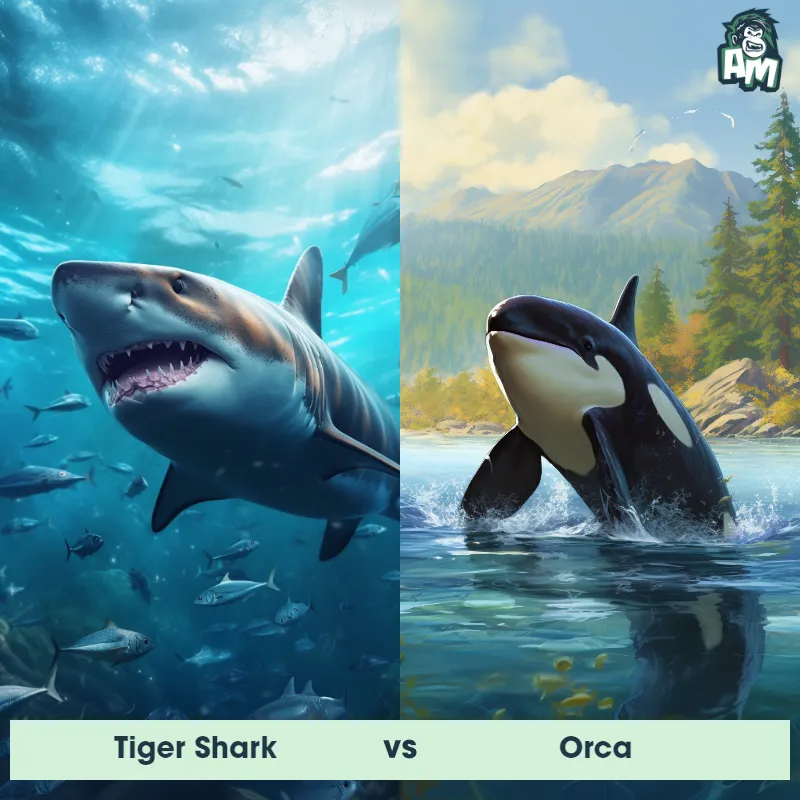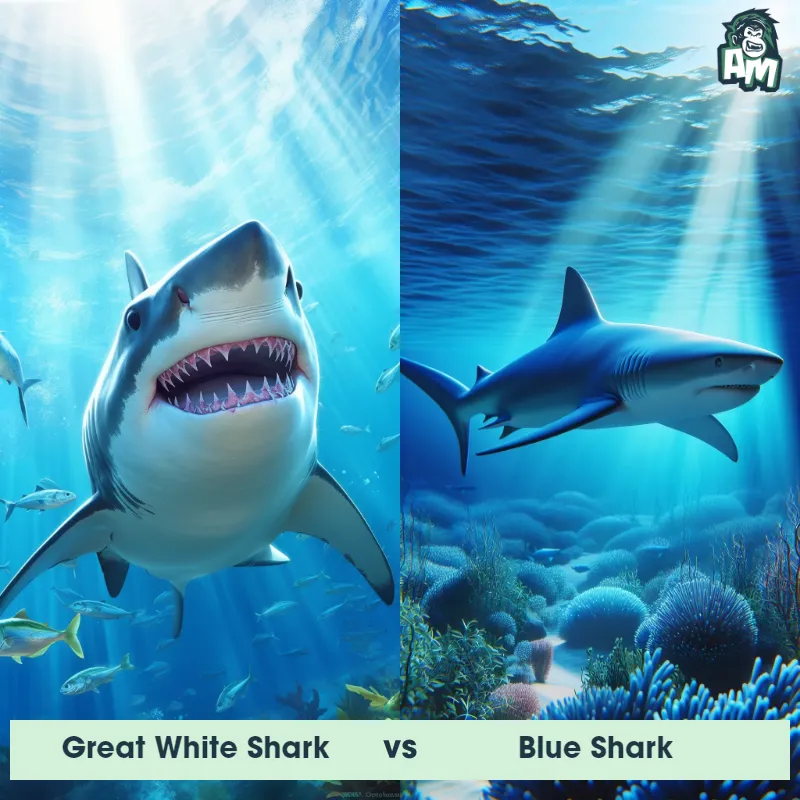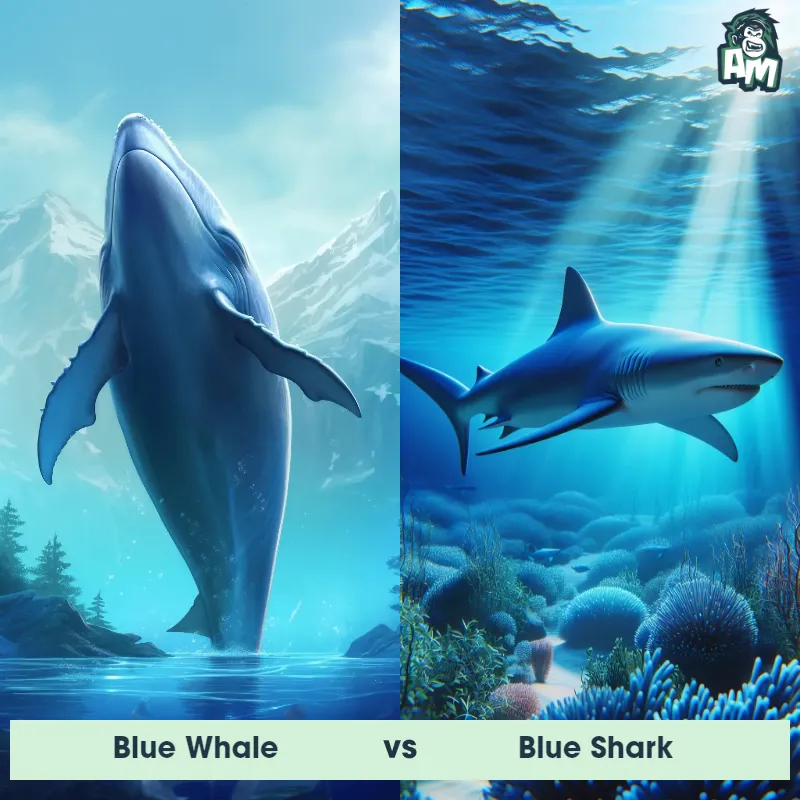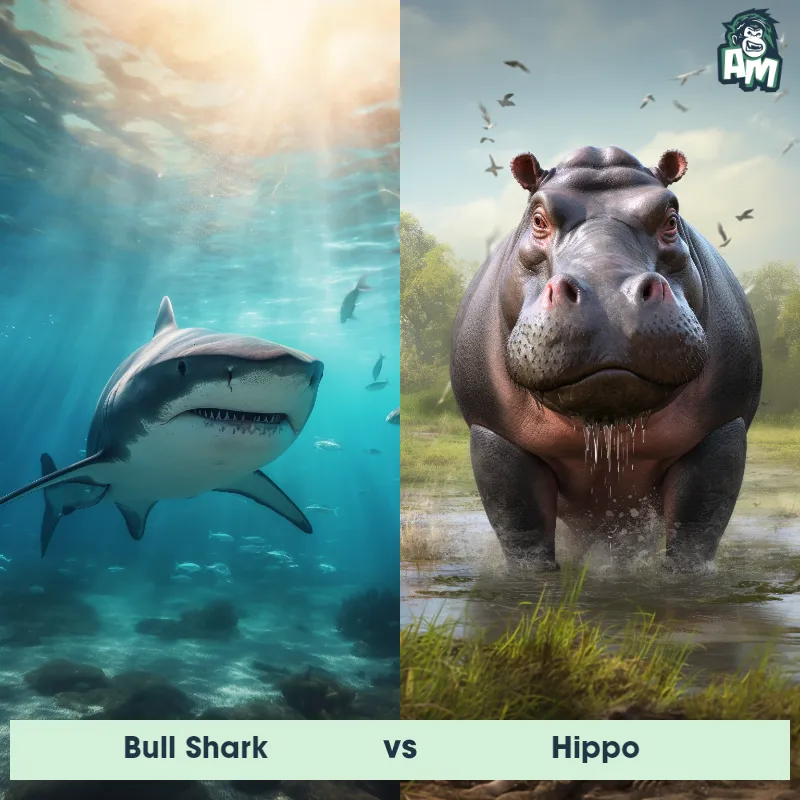Anglerfish vs Blue SharkSee Who Wins
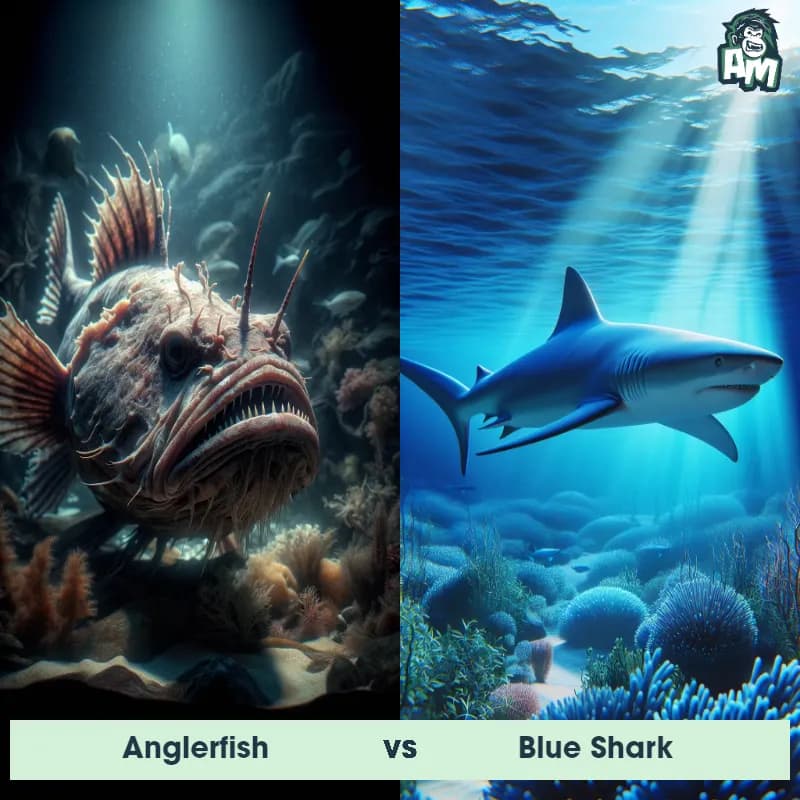
Welcome, ladies and gentlemen, to this exciting matchup between an Anglerfish and a Blue Shark. Both of these predators are fierce competitors in the animal kingdom, and tonight we will see who comes out on top in this three-round battle.
Contender 1: Anglerfish
The Anglerfish, also known as Melanocetus johnsonii, is a deep-sea creature known for its bizarre appearance and unique hunting technique. These fish are small in size, typically measuring around 8 inches long, and have a plump body covered in dark, scaleless skin. However, their most distinctive feature is the structure that extends from the fish's forehead, called an illicium, which has a luminescent tip that acts as a bioluminescent lure to attract prey in the dark depths of the ocean. The Anglerfish is also known for its large mouth filled with sharp teeth, allowing it to consume prey much larger than itself.
Fun Fact: One fascinating fact about Anglerfish is that they have a parasitic mating behavior where the male, significantly smaller than the female, fuses onto her body by biting into her flesh. Over time, the male's blood vessels will merge with the female's, and he will rely on her for sustenance, while in return, providing sperm whenever needed.
Contender 2: Blue Shark
The Blue Shark, also known as Prionace glauca, is a species of mackerel shark that can be found in various oceans around the world. These sharks are known for their slender yet streamlined bodies, enabling them to swim swiftly through the water. They have long, pointed snouts and large, dark eyes. Their bodies are primarily blue in color, hence the name, and they have a white underbelly. Blue Sharks also possess multiple rows of sharp, triangular teeth used for capturing prey. They are known to be highly migratory, often traversing long distances in search of food.
![[object Object] Gif](https://tenor.com/view/blue-shark-boop-gif-4331805278509584479.gif)
Fun Fact: Blue Sharks are known for their impressive hunting abilities, as they can detect even the faintest electrical signals given off by their prey using specialized pores called ampullae of Lorenzini, which are present on their heads. This remarkable electroreception sense allows them to locate their prey even in dark or murky waters.
Matchup Stats
| Anglerfish | Blue Shark | |
|---|---|---|
| Size | Approximately 8 inches (20 centimeters) | Up to 12 feet (3.8 meters) |
| Weight | Unknown (varies based on size) | Up to 400 pounds (180 kilograms) |
| Speed | 1 mph (1.6 km/h) | 25 mph (40 km/h) |
| Key Strength | Unknown (depends on specific individual) | Strong swimming and agility |
| Biggest Weakness | Unknown (depends on specific individual) | Relatively timid and avoids confrontation |
Current Votes
Anglerfish vs Blue Shark
See Who Wins
View More Matches
Looking For More?
Similar Matches
Scientific Stats
| Anglerfish | Blue Shark | |
|---|---|---|
| Scientific Name | Melanocetus johnsonii | Prionace glauca |
| Family | Oneirodidae | Carcharhinidae |
| Habitat | Deep sea | Open ocean |
| Geography | Worldwide in oceanic environments | Various oceans worldwide |
| Diet | Carnivorous, eats fish and crustaceans | Feeds on fish, squid, and other marine animals |
| Lifespan | 1 years - 5 years | 20 years - 30 years |
Key Differences between Anglerfish and Blue Shark
- Hunting Strategy: Anglerfish are ambush predators, using their bioluminescent lure to attract prey close enough to strike, while Blue Sharks are fast and agile swimmers, hunting primarily by sight and smell.
- Behavioral Adaptations: Blue Sharks are known for their long-distance migrations to foraging areas, while Anglerfish exhibit unique mating behaviors where the tiny males fuse to the female's body to reproduce.
- Distribution: Blue Sharks are found in oceans worldwide, preferring warmer waters, while Anglerfish are typically found in the deep sea, with some species residing in the deep waters of the Atlantic and Antarctic.
- Coloration: Blue Sharks are named for their vibrant blue coloration on the upper part of their body, while Anglerfish are usually dark brown or black to blend in with their deep-sea habitat.
- Shape: Anglerfish have a distinctive appearance with a large, round body and a long, thin filament on their head with a bioluminescent bulb at the end, while Blue Sharks have a streamlined body with a pointed snout and long pectoral fins.
- Size: The Blue shark is significantly larger than the Anglerfish, with adults reaching lengths of up to 12 feet, while Anglerfish typically only grow to around 8 inches.



